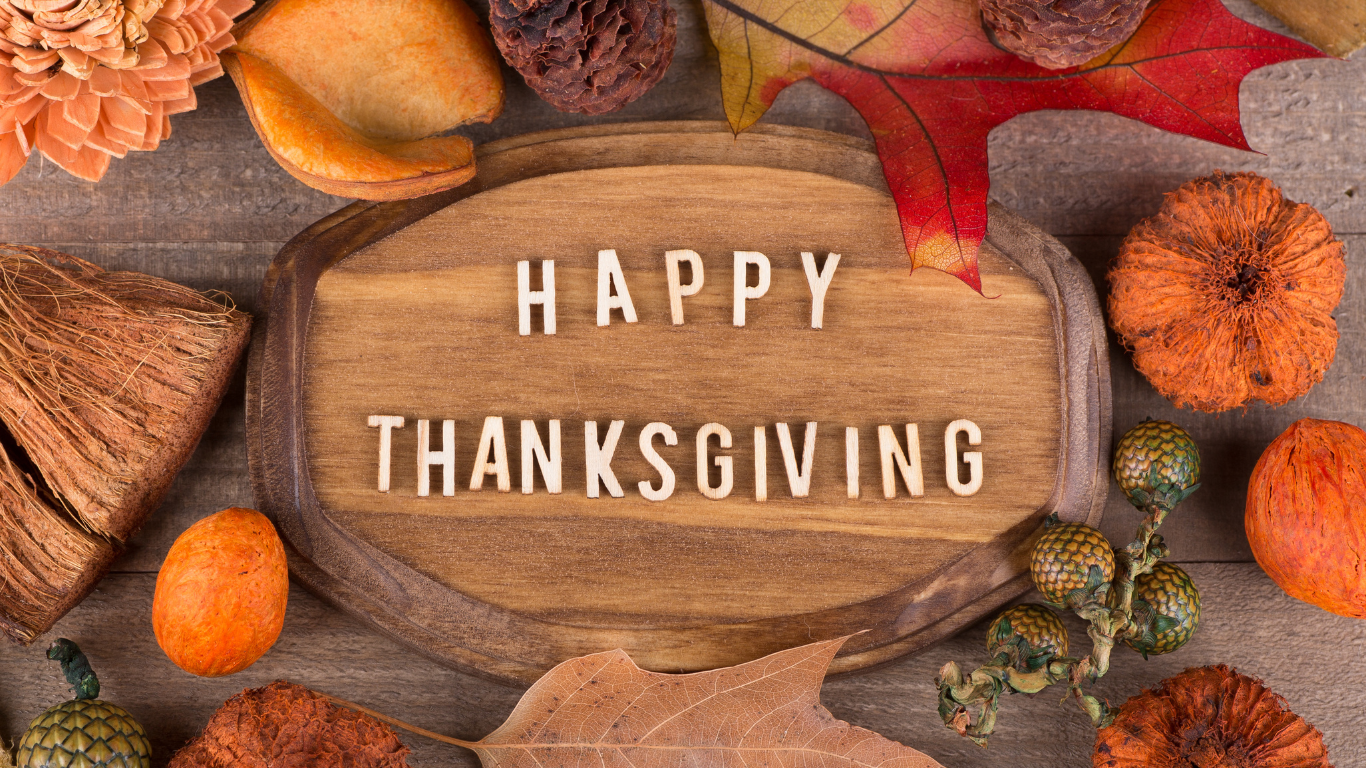Thanksgiving, the fourth Thursday in November, is a beloved holiday in the United States. It’s a time for families and friends to come together, express gratitude, and indulge in a feast. However, beneath the surface of turkey and pumpkin pie lies a rich tapestry of sociological complexities waiting to be explored. In this blog post, we’ll embark on a journey to understand the sociology of Thanksgiving, diving deep into its historical origins, the role of family, consumerism, and the impact of this holiday on society.
The Historical Roots of Thanksgiving
Thanksgiving is often associated with the Pilgrims and Native Americans sharing a meal in 1621. While this image has become an integral part of the American mythos, its historical accuracy has been debated by scholars. Yet, the construction of this narrative reveals a fascinating sociological phenomenon.
- Myth and Collective Memory: Sociologists point out that the Thanksgiving myth exemplifies how collective memory and popular culture shape our understanding of historical events. Over the years, the story has evolved to symbolize unity, peace, and gratitude. It tells us as much about the present as it does about the past.
- Cultural Assimilation: The story also highlights issues related to cultural assimilation and domination. The early interactions between European settlers and Native Americans were often marked by power imbalances, dispossession, and conflict, which eventually led to the displacement and marginalization of Indigenous peoples.
The Role of Family and Kinship
Thanksgiving is a family-centric holiday. It’s a time when relatives come together, often from far-flung places, to celebrate and bond. The sociological aspects of this tradition are profound.

- Family as a Social Institution: Family is a core social institution, and Thanksgiving is a prime example of how family bonds and roles are reinforced. It’s a time for family members to reaffirm their connections and responsibilities, whether through cooking, storytelling, or prayer.
- Conflict and Tensions: Not all family gatherings are harmonious. Sociologists observe that Thanksgiving often reveals underlying tensions and conflicts within families, making it a microcosm of larger societal issues. From political disagreements to generational clashes, the dinner table can be a battleground.
Consumerism and Commercialization
In recent decades, Thanksgiving has seen an increasing influence of consumerism and commercialization.
- Black Friday and Cyber Monday: The commercialization of Thanksgiving is evident through the emergence of Black Friday and Cyber Monday, which have encroached upon the holiday itself. Sociologists analyze this phenomenon as a reflection of consumer culture, where shopping and materialism often overshadow the original intent of giving thanks.
- Pressure to Conform: The consumerist aspect of Thanksgiving also introduces a sociological lens on conformity. The pressure to prepare the perfect meal, buy gifts, and engage in sales-driven activities can lead to a sense of obligation and stress, impacting our social and familial interactions.
Implications from the Sociology of Thanksgiving
Thanksgiving has broader implications for society as a whole.
- Reinforcing Norms and Values: This holiday reinforces key American values such as family, unity, and gratitude. Sociologists often study how these values shape individuals and communities, influencing their actions and beliefs.
- Social Inequalities: While Thanksgiving emphasizes gratitude, it also exposes social inequalities, particularly in terms of access to food and resources. Sociological research delves into food insecurity, homelessness, and charity efforts during this time, shedding light on these crucial issues.
- Cultural Integration: Thanksgiving also serves as a stage for cultural integration. The traditional Thanksgiving meal has evolved to include dishes from diverse cultural backgrounds, showcasing the fusion of different traditions in the melting pot of American society.
Final Thoughts on this Sociology of Thanksgiving Analysis
Thanksgiving is more than just a holiday; it’s a sociological phenomenon. From its contested historical origins and the role of family dynamics to the encroachment of consumerism and its broader impact on society, there’s much to explore within this seemingly simple celebration.
By applying a sociological lens, we gain a deeper understanding of the intricate ways in which Thanksgiving reflects, shapes, and challenges societal norms, values, and structures. As we gather around the table each November, let us remember that our traditions, both myth and reality, continue to shape the intricate fabric of our society.
So, as you prepare for your next Thanksgiving feast, take a moment to reflect on the sociology of Thanksgiving and the fascinating societal dynamics that are at play during this beloved holiday.







